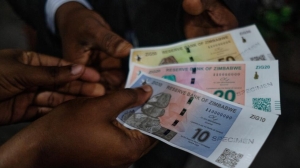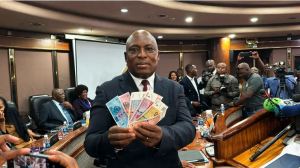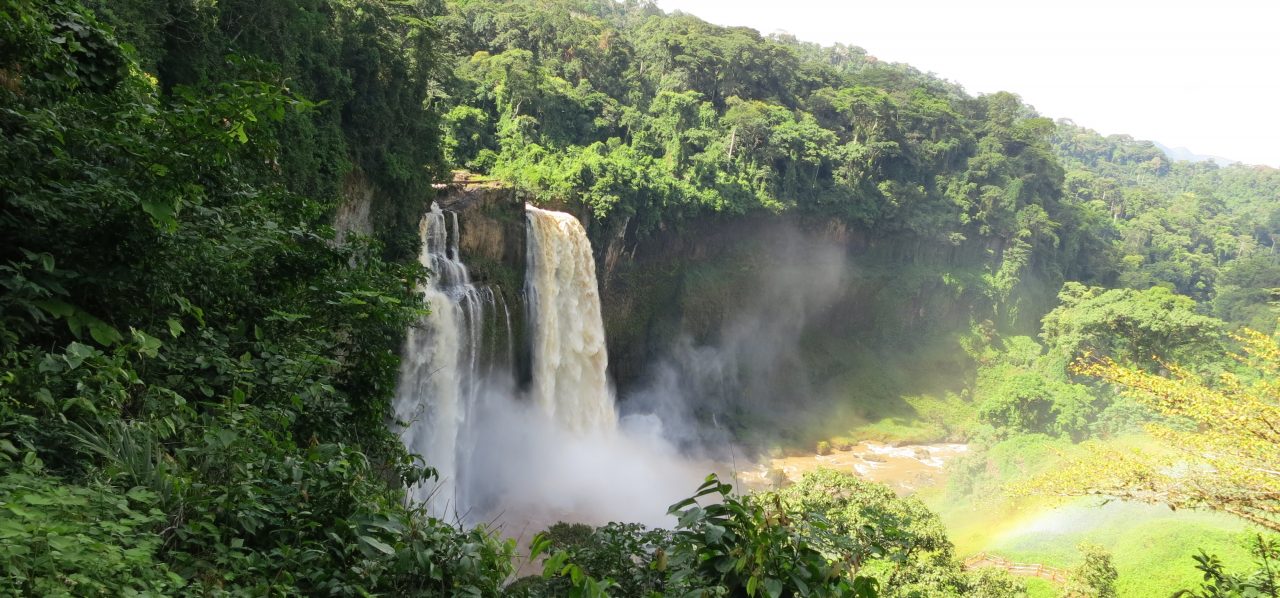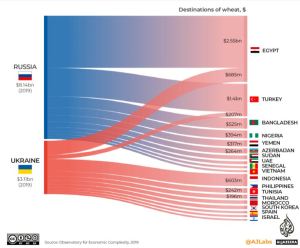
After almost 2 years of talking, the Zimbabwe gold-backed currency is finally upon us. Inflation is everywhere at the gas pump, at the food store, rent, prices are going up and up, affecting everyone and making the poor even poorer. In Zimbabwe, it has been going up for years given that the country has been under economic embargo for over 2 decades now. The traitors who toppled Robert Mugabe thought that by getting rid of him, the West would finally lift the embargo… alas, it has not been the case, and the country is still under embargo from the UK, US, and EU. Just at the beginning of March, the US slapped fresh sanctions against President Mnangagwa and some of his cronies, even though Mnangagwa has signed all sort of deals with the westerners upon his arrival in power [Is Zimbabwe the New Haiti?] and returned land [Zimbabwe to Return Seized Land to Foreigners].

As stated earlier, it is no secret that inflation is particularly high in Zimbabwe and has been for many years. Last week, the government of Zimbabwe has introduced a new gold-backed currency called ZiG, which stands for Zimbabwe Gold, in an effort to try to alleviate inflation, and stabilize the economy. The currency has been rolled out on Monday, and will replace the Zimbabwean dollar immediately; companies will be made to pay at least half of their taxes in ZiG. We hope that this will help the Zimbabwean economy to stay afloat. In honesty, isn’t this the way every currency should be: backed by gold and not just thin air? Upon its launch on Monday, the ZiG has fared well, and the hope is that it continues.
Excerpts below from the BBC. For a good read, check out also Business Insider.
=====

Zimbabwe has introduced a new gold-backed currency called ZiG – the name stands for “Zimbabwe Gold”.
It is the latest attempt to stabilise an economy that has lurched from crisis to crisis for the past 25 years.
Unveiling the new notes, central bank governor John Mushayavanhu said the ZiG would be structured, and set at a market-determined exchange rate. The ZiG replaces a Zimbabwean dollar, the RTGS, that had lost three-quarters of its value so far this year. Annual inflation in March reached 55% – a seven-month high.
Zimbabweans have 21 days to exchange old, inflation-hit notes for the new currency. However, the US dollar, which accounts for 85% of transactions, will remain legal tender and most people are likely to continue to prefer this.
The new ZiG banknotes come in denominations of between 1 and 200. Coins will also be introduced to overcome the shortage of US coins, which has seen people receive change in sweets, small chocolates and pens.
Mr Mushayavanhu said the new currency was being rolled out with immediate effect and banks must convert current Zimbabwe dollar balances to the ZiG. He committed to ensuring that the amount of local currency in circulation was backed by equivalent value in precious minerals – mainly gold – or foreign exchange, in order to prevent the currency losing value like its predecessors.
…

















 In recent weeks, we have all felt the effects of the war in Ukraine, particularly at the gas pump. Prices keep going up everyday, forcing many to either stop driving, start biking, use public transportation, or switch to electric or hybrid vehicles when possible. The gas prices unfortunately affect almost everything else, such as the cost of food, given that it costs more to transport from the place of production to the stores. Today, we will highlight two African inventors who have been working on energy alternatives for quite a while now, but have now come to the forefront thanks to the crisis in Ukraine.
In recent weeks, we have all felt the effects of the war in Ukraine, particularly at the gas pump. Prices keep going up everyday, forcing many to either stop driving, start biking, use public transportation, or switch to electric or hybrid vehicles when possible. The gas prices unfortunately affect almost everything else, such as the cost of food, given that it costs more to transport from the place of production to the stores. Today, we will highlight two African inventors who have been working on energy alternatives for quite a while now, but have now come to the forefront thanks to the crisis in Ukraine.


